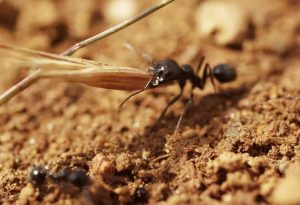
- This event has passed.
The Mediterranean Institute of Biodiversity and Marine and Continental Ecology
IMBE's research is structured around 5 transversal thematic axis and 8 research teams
IMBE organizes its operational facilities around 5 technical departments
Training is, of course, the courses offered at the University (L, M, D) but also training through research (internships).
The dissemination of our scientific results is at the heart of our mission: it enables us to share and make research advances accessible to a wider audience. In addition to publications in specialist journals, the IMBE deploys a wide range of resources to popularise knowledge and make it understandable and attractive to a wide range of audiences. Through concrete actions and innovative tools, we are committed to bringing science closer to everyone, in order to establish an ongoing dialogue between science, research and the general public, especially young people.


Romane Blaya (UMR IMBE, EECAR team) has a doctorate in ecology and studies ant communities, their roles and their impact on ecosystems in the Mediterranean basin.
Ants play an important role in the functioning of ecosystems. They could be useful for better understanding and monitoring the changes they undergo. However, given the increase in the introduction of exotic ant species in Europe, it is important to understand the reasons for their success, identify their main routes of introduction and improve legislative tools to avoid or reduce their impact.
[Midisciences 2025] Discover the full programme - on www Avignon Université